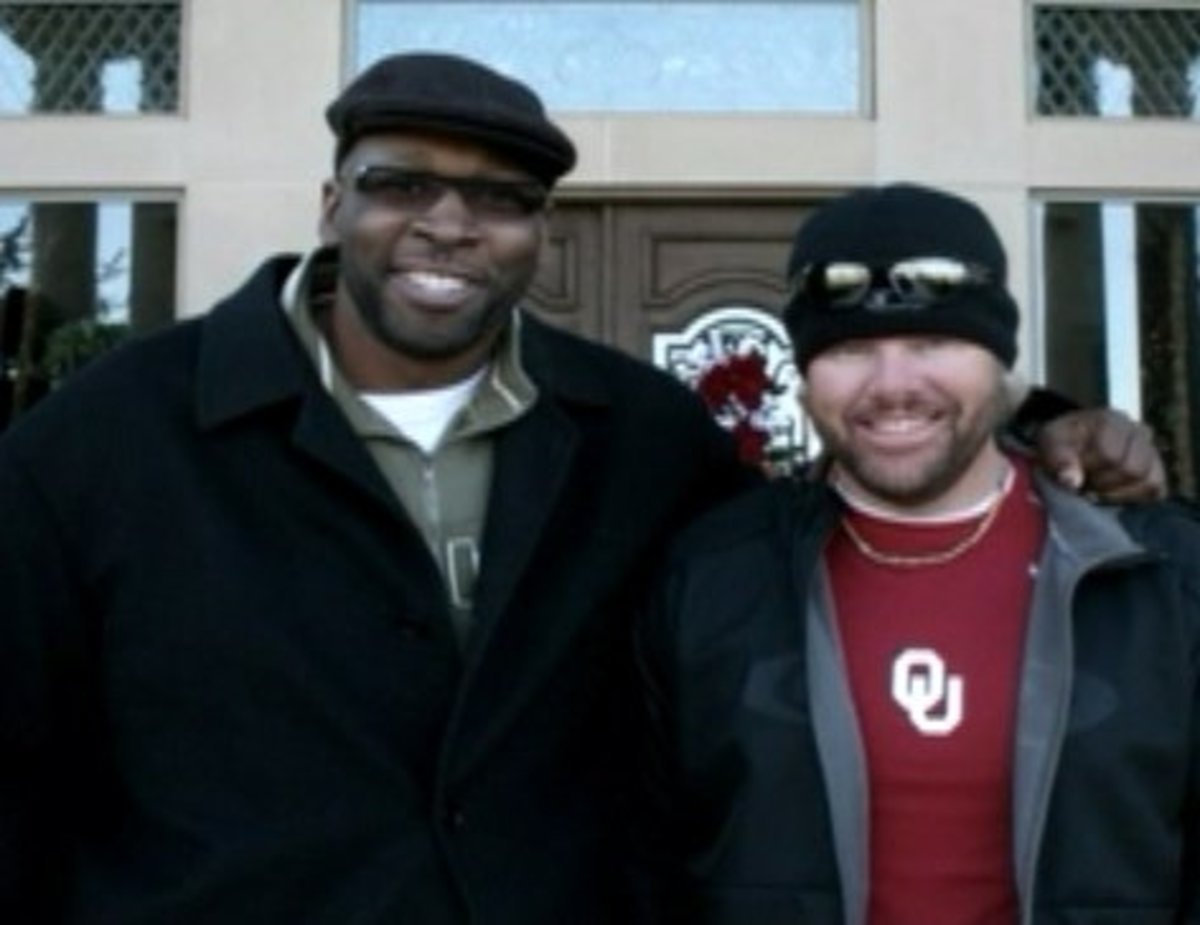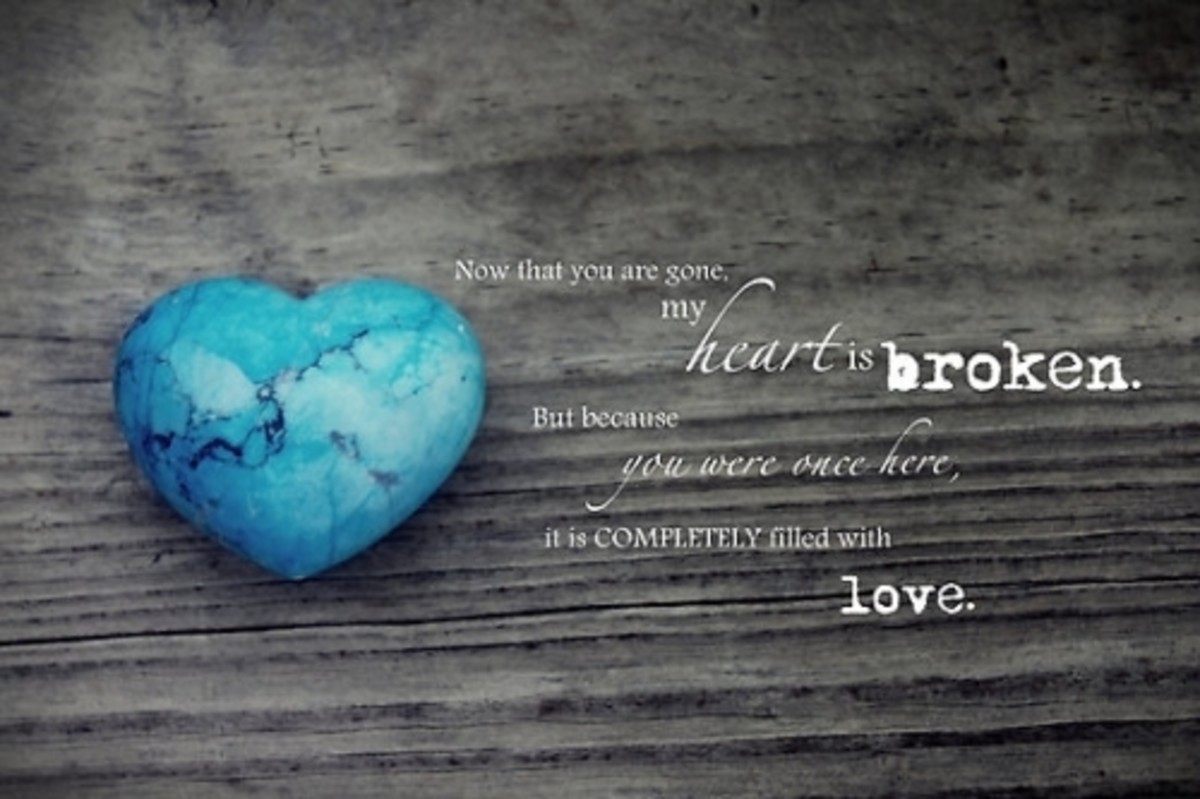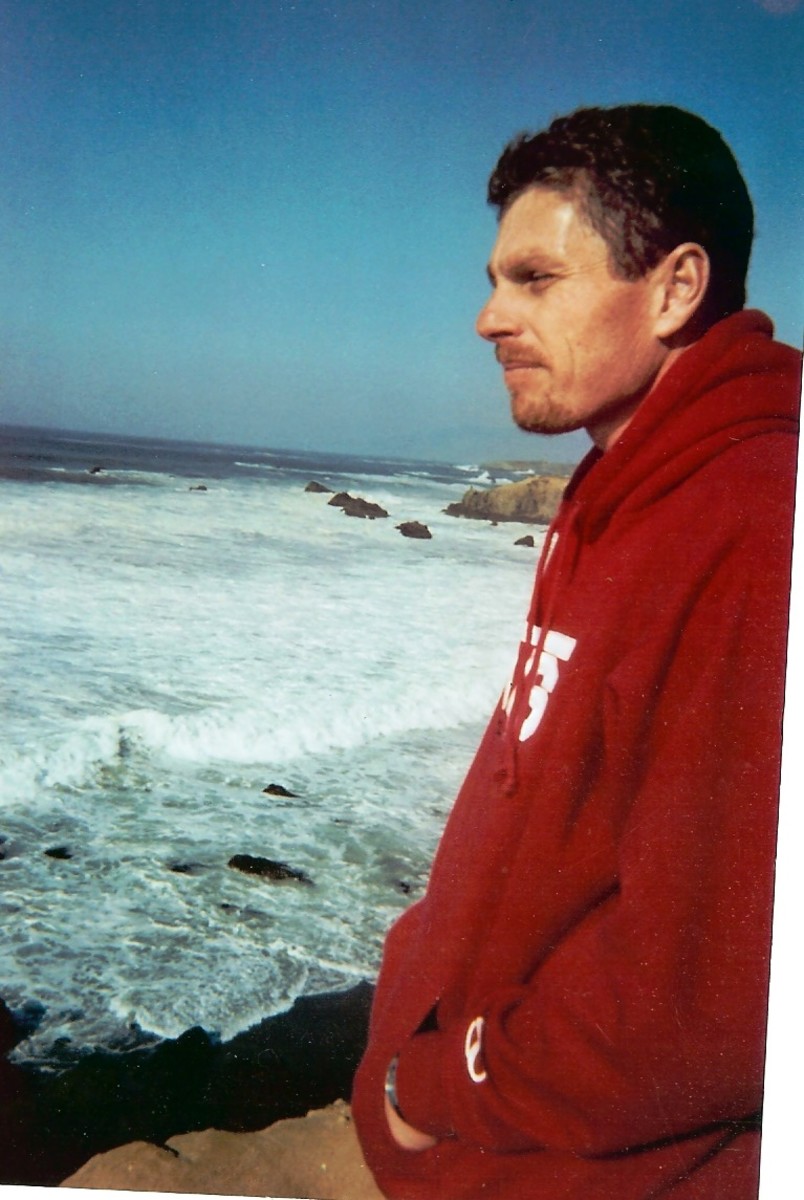Causing A Death: It Should Matter
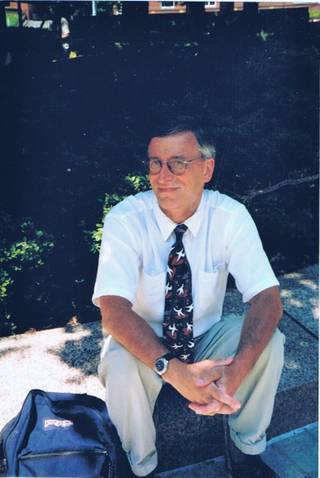

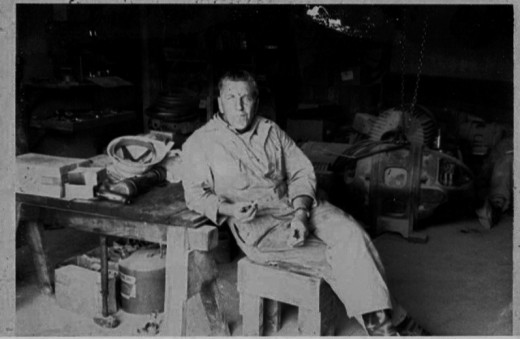
They walked together daily. Five men in their thirties, in tight group formation, strolling through the business district, rain or shine, they never seemed to be aware of their surroundings. If one looked closely at them one would see the blank stares, the eyes that did not see, the faces that held no recognition of the life going on around them.
They showed no signs of injury, no canes were needed, no visible scars apparent, just five men drifting through the landscape as others truly lived their lives. I would see them and yet not see them, like the wind blowing through the tree limbs. They were invisible to all, as if their bodies were held together by angel’s wings and the breath of death, rather than muscle and bones.
It has been fifty years since I last saw them….or did I really see them at all? How could anyone see them for in truth they were dead to us all, as surely as if they had been prepared by the undertaker and placed in a six-foot hole. I do not really remember when I first laid eyes on them nor do I remember the last time. I do remember asking my dad why those men were always walking around together.
My dad, a veteran of World War 2 and a man who had seen some serious fighting during five campaigns in Italy, said almost meekly that they were veterans who never returned from the war. A curious answer for sure and one I asked him about. He simply said that taking the life of any human being costs a man dearly.
Today, of course, I understand. Today I can still see those men, perhaps more clearly now than fifty years ago, for today I better understand the cost exacted when one takes a life.
WAR IS HORRIBLE AND NOT GLORIOUS
“It is good that war is so horrible, or we might grow too fond of it.” Robert E. Lee, the refined, Southern gentleman and as fine a general as this country has seen, knew all too well the cost of taking a life.
My uncle, Mike Flannery, was discharged from the Navy during World War 2, classified as a medical discharge but in reality suffering from PTSD as we now know it. After the war he suffered through decades of alcoholism, finally getting treatment, and till the day he died he would never speak of the days spent loading the big guns, watching friends blown apart, slowly losing a part of himself during the war years.
I asked my father about that one day; I asked him why Uncle Mike seemed so reluctant to talk about his years in the Navy. My dad mumbled something about how those were tough times. Then I asked him if he had ever killed someone. He looked at me, looked away, started to speak and then stopped. Finally he looked at me again and simply said, “yes.” Then he got up and walked away.
My father was the bravest man I have ever known. Until shortly before his death when a heart attack made him mortal in his son’s eyes, I had never seen him afraid of anything. What I saw that day, the day I asked if he had killed, was pure and simple sadness. It was the words of Robert E. Lee in human form.
Taking the life of any human being costs a man dearly.
LIFE IS NOT A HOLLYWOOD STAGE
I grew up with a kid by the name of Jerry Petrich. We went to school together, played ball together and then college separated us as college often does with friends. Years later Jerry became a police officer. One rainy afternoon in 1978 Jerry was called to the scene of a bank robbery in progress. He arrived at the bank in time to see the robbers leaving the bank. He exited his car, knelt down behind the car door and told the fleeing criminals to halt. One turned and fired a shot and Jerry returned fire and killed the suspect.
Three days later Jerry retired from the police force. He had dedicated eight years to his job, protecting the citizens of Tacoma, Washington, sworn to serve and protect. He had spent hundreds of hours on the pistol range, honing his skills, preparing himself as best he could for a moment he hoped would never arrive. When that moment did arrive his skills served him well, protecting his body from harm. There was one part of him, however, that could not be protected.
A part of Jerry died that day alongside the bank robber.
I do not forget those people from my past. Each time I pick up the newspaper and read of a shooting, a stabbing, a suicide bomber or the death of an abused child, I remember back to the words of my father.
Taking the life of any human being costs a man dearly.
LIFE IS NOT COMPOSED OF SHADES OF GRAY
My son asked me once if I could kill someone. I gave him the standard answer that parents give, that if someone were threatening the safety of my family then yes, I could kill. I suppose those words are true for I believe I would do anything in my power to save a loved one or for that matter myself. But what would be the price to me?
We come into this world kickin’ and screamin’ and we hold onto life with a tenaciousness that is admirable. Perhaps that explains why taking a life affects us so deeply. We are all connected. Over six billion of us and we all have that will to survive as a common bond. By extension it would only make sense that we all understand the loss incurred when a life is taken.
Life is so precious, so sacred, and we hold onto it with every ounce of strength that is in us. We all love, laugh, cry and mourn. We all dream of happiness, go about our daily duties and try to live life to the fullest. We must be aware, then, that others are living in a similar fashion. Somewhere buried deep within us there must be an awareness of the sanctity of human life. How else do we explain the profound impact that taking a life has on people?
No, life is not composed of shades of gray. Life is vibrant colors, exploding hues of red and orange, blue and green. Life is not the childhood games of Cowboys and Indians or GI Joe; life is real blood, real muscle, real pain and real loss. Life is not about finding the courage to pull the trigger. Life is about finding the courage to live after the trigger has been pulled.
I do not understand those who devalue life, who kill as naturally as breathing. I do not want to know those people. We have nothing in common. Taking a life should be traumatic. Taking a life should leave scar tissue on the soul. Taking a life is unnatural and as such should deplete those who did so.
I would only change a small part of my dad’s words. Taking the life of any human being SHOULD cost a man dearly.
2012 William D. Holland (aka billybuc)
For more articles about The Human Experience see the following:
http://billybuc.hubpages.com/hub/The-Human-Experience-The-Arthur-Boorman-Story
http://billybuc.hubpages.com/hub/The-Human-Experience-A-Lesson-To-My-Family-About-Death-and-Love
http://billybuc.hubpages.com/hub/The-Human-Experience-Brendas-Story
To purchase one of my Kindle books go to:







